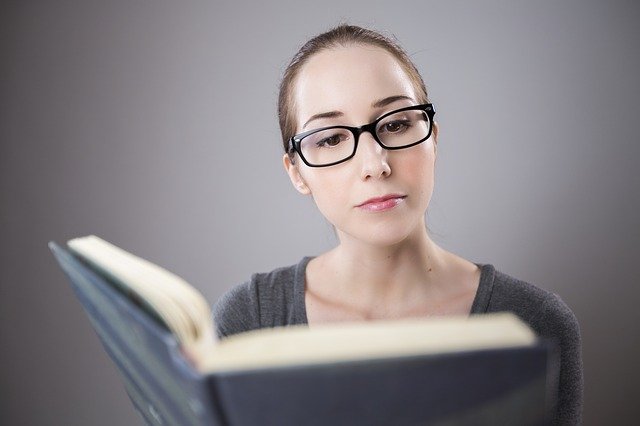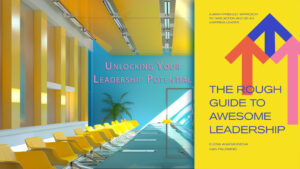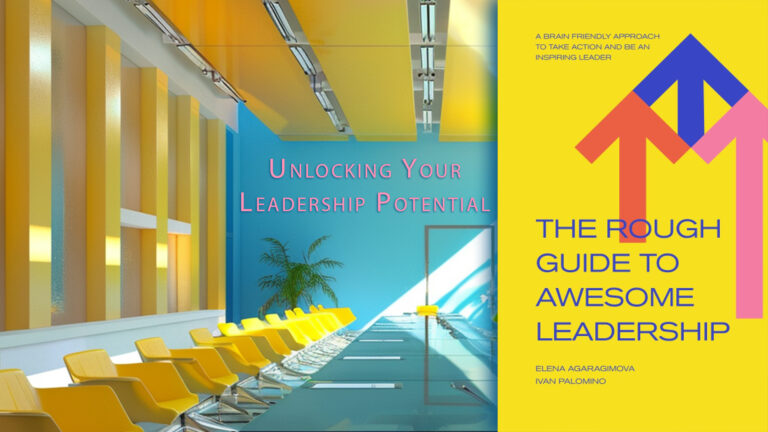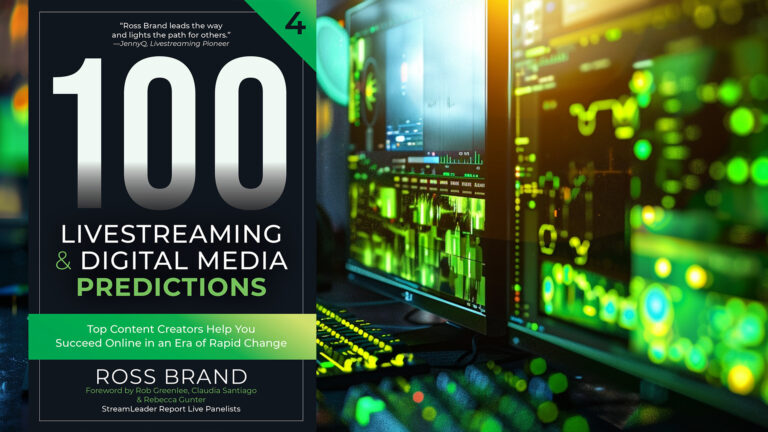Many people assume that the longer you wear glasses, the poorer your vision will get. But are they correct? Optical Center examines the evidence carefully.
People don’t always wear their glasses for a variety of reasons. They may detest their appearance, be mocked, or just feel better at ease without them. Beyond convenience and aesthetics, some people are concerned that wearing glasses too often would damage their vision and cause them to depend on them more frequently than when they were initially worn.
According to a Nigerian research released last year, 64% of pupils felt that wearing glasses may harm their eyes. According to research in the Indian state of Karnataka, 30% of people feel this way, while 69 percent of people in Pakistan feel the same way. Even medical personnel in Brazil felt that wearing glasses would eventually weaken your eyes. Is there any proof that they are correct?
People use glasses for two very distinct reasons: short-sightedness, or myopia, where objects in the distance are fuzzy, and long-sightedness, or hyperopia, where you can’t concentrate on things near up. Long-sightedness is often age-related: many individuals notice that it is harder to read in dim lighting in their 40s and 50s. The lenses in our eyes increasingly harden as we age, making it more difficult to adapt to varied distances. When people’s arms get too short to hold a book or menu far enough away to concentrate on the text, they turn to reading glasses.
Surprisingly, few investigations on the long-term effects of wearing glasses have been done. And, as far as we know, there is no convincing evidence that wearing reading glasses impacts your vision. So, why do so many individuals become anecdotally persuaded that glasses have harmed their vision? People may progressively become increasingly reliant on their glasses, but this is because their lenses have deteriorated with age. As a result, individuals find themselves requiring their glasses more often, leading them to believe that the glasses must have made their vision worse, although there is no direct link. In the long term, whether or not you use your reading glasses makes little impact to your vision (although if you have to strain your eyes to read, you might get headaches or find that your eyes feel sore).
vision correction
Children, on the other hand, are in a different scenario. Wearing the wrong glasses, or no spectacles at all if they are required, may have long-term consequences. For decades, it was assumed that purposely under-correcting for short-sightedness – by providing children weaker glasses than they required – would limit the elongation of the eyeball over time, so slowing the advancement of myopia. The concept was that if you wear glasses to see well in the distance, your eyeball would try to extend itself when you concentrate on a near item to view it correctly.
However, an experiment in Malaysia in 2002 demonstrated this idea to be so incorrect that it had to be discontinued a year early. A set of 94 youngsters with myopia were randomly assigned to either wear the right glasses for their prescription or spectacles that left them significantly short-sighted, based on a coin flip. The youngsters were between the ages of nine and fourteen when the research started, and the length of their eyes was measured at regular intervals for the following two years. In contrast to a previous, smaller research from the 1960s, the youngsters who wore the weaker spectacles exhibited higher ocular elongation over time. In other words, their vision was rapidly deteriorating.






